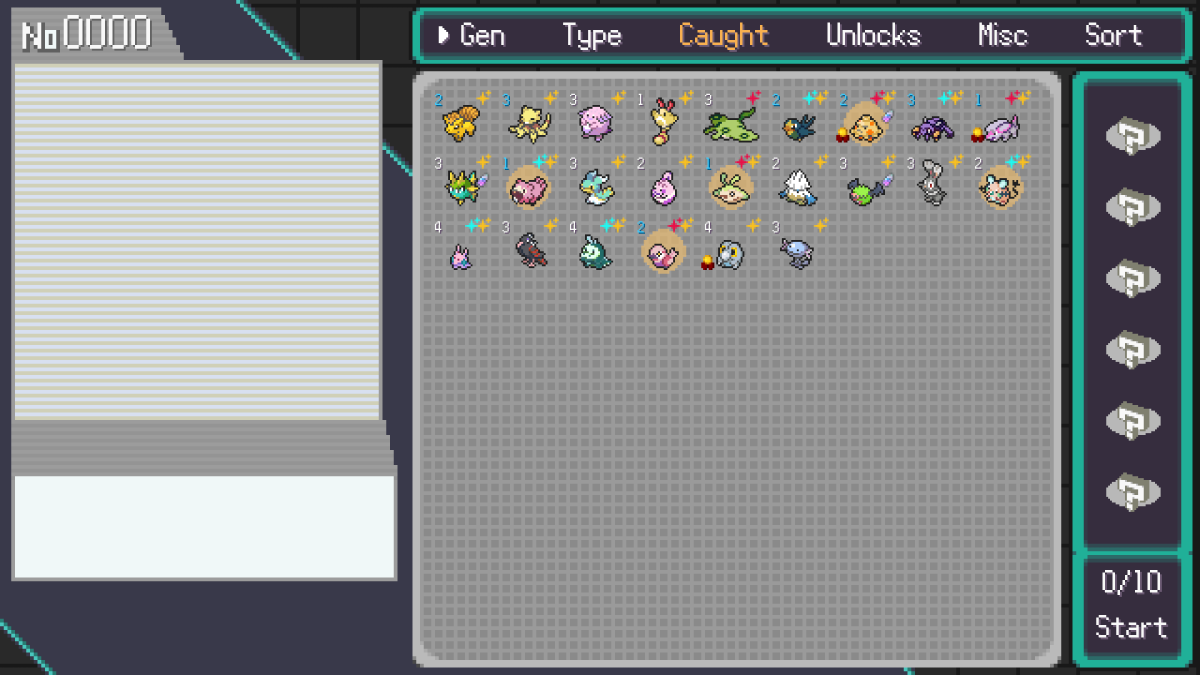Usually, most of us in college already have spent more than 12 years in school – more than enough time to get in touch with the realities of the world, one would say. The amount of knowledge and practical wisdom we are supposed to accumulate during these years should be sufficient to broaden our views and general awareness of different communities within the world we live in, within its fragile and blurry boundaries.
But, how much do we really know about our contemporary world after all the years of education? I’m not talking about recent tragedies in Iraq and Afghanistan, about which we all know a lot, one way or another.
What do we know about other parts of the world, other peoples of the world and their lives? The truth is, unfortunately, that we hardly know anything. The worst thing is that we are not even aware of the consequences of our ignorance for those parts of the planet, ones that weren’t awarded the attention of Hollywood and CNN cameras, ones that “aren’t lucky enough” to have a major war to promote their sufferings. Because we share the same human destiny, especially today in a so-called globalized world, we are doomed to communicate and influence each other. Until recently, it was an unfair game of colonization, while today it tends to be a just exchange of respect, or at least more than it was before. Although we bear the burden of the past, it’s the present where we can start the new path, one established in knowledge about others and active recognition of their existence.
| “Ignorance is bliss, some would say, but it seems like it is more a deadly contagious disease.” |
Our question should be, do we know anything about the tragedies of people elsewhere, peoples of Somalia who live through their days trying to find food and water, while being constantly afraid of the warlords that violently rule the country; what do we really know about the people in other parts of Africa dying every day from the diseases for which we have found cures decades ago; what about the 300,000 children-slaves (restaveks) in Haiti, as young as 3 years old. Do we have any knowledge whatsoever about mistreatment of millions of peaceful members of the Falun Gong movement in China? And these are only the issues that we still get at least some information about while there are hundreds of similar stories out there, out of our reach and perception.
Ignorance is bliss, some would say, but it seems like it is more a deadly contagious disease. Masked as popular education, it spreads slowly and thoroughly, giving us only but an illusion of knowledge. Of course, maybe we don’t need to know anything about the world; after all, it’s much easier to forget about it and go on with our lives as if the world outside ours doesn’t exist.
It can be enough to turn on the news occasionally and get a few glimpses into the exotic chaos of the “forgotten worlds.” But the fact that we are ignorant remains, and an even more concerning fact is that we will remain so. So, do we have to fight against this disease or stay ill, locked forever in our narrow-mindedness? And, if we have to fight, who do we have to fight – school, media or something else – or ourselves?
In the end, the only question can be, who is responsible for it? Is it me … or is it something bigger than myself? My first guess would be that we share the guilt with the society in which we live, although whenever I remember that I’ve spent 16 years in the school already, I get confused: wasn’t I there to be educated about the world, not learn how to ignore it? Perhaps, I could go with famous, but academically ignored, sociologist Ivan Illich and say the schools teach students to confuse grade advancement with education, a diploma with competence and fluency with the ability to say something new. Rather bold statement, wouldn’t you say? Or, perhaps, I should consider myself to be the main cause of my own ignorance, along with the media which I consciously consume everyday?
Unfortunately, I can’t answer any of these questions – it seems my “blessing” is too big for me to have an opinion of my own.






